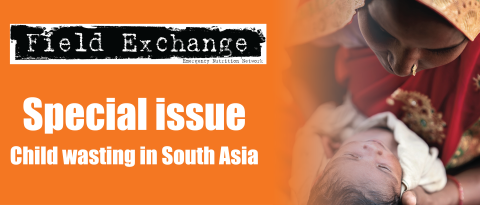The effect of the COVID-19 pandemic on the social, economic and health status of low-income populations in India
Research Snapshot1
In response to surging COVID-19 cases, the Government of India imposed a lockdown in most districts of the 22 States and Union Territories from 24th March until 31st May, when restrictions began to be lifted. The effects of this lockdown on the social, economic and health status of the population, especially for poorer members of society, warrants investigation. The authors conducted a literature review of PubMed, Google Scholar and grey literature sources for relevant publications between January and May 2020.
Results of the review show that, while the nationwide lockdown has resulted in financial losses affecting all segments of society, the impact has been especially severe for low-earning and migrant workers. One study showed that 89% of internal migrant workers (93% of the workforce) were not paid wages during the first 21 days of lockdown. Other projections estimate a 23% reduction in the remittance of money home to India from expatriate migrant workers during 2020 (another important source of income). Reduced incomes are likely to lead to increases in malnutrition for the most vulnerable and government safety net schemes are inadequate. Although the Food Corporation of India recently allotted 13,000 metric tonnes of grain for distribution, the efficacy of this is not yet known. Global modelling suggests that projected reductions in maternal and child health services and increases in levels of malnutrition will result in substantial increases in child and maternal deaths.
With regard to health, the high prevalence of non-communicable diseases (a key risk factor for COVID-19), especially in relatively young individuals, is putting younger lives at risk from COVID-19 related morbidity and mortality. Other health complications predicted as a result of the pandemic include the worsening of glycaemic control and resultant diabetes-related complications, weight gain in some populations due to reduced exercise and increased snacking and an increase in infectious diseases such as HIV, TB and malaria due to interruption to antiretroviral therapy (ART), reductions in timely diagnoses and reduced prevention activities. Mental health disorders such as anxiety and depression will also likely increase.
The authors conclude that the economic and health consequences of the pandemic and lockdown are likely to disproportionately affect vulnerable and marginalised populations and could have long-lasting effects. Policies and programmes are needed to tackle these issues including the mitigation of economic stress and the strengthening of national health programmes for both communicable and non-communicable diseases.
1 Gopalan, Hema S., and Anoop Misra. "COVID-19 Pandemic and Challenges for Socio-economic Issues, Healthcare and National Programs in India." Diabetes & Metabolic Syndrome: Clinical Research & Reviews (2020). https://doi.org/10.1016/j.dsx.2020.05.041


